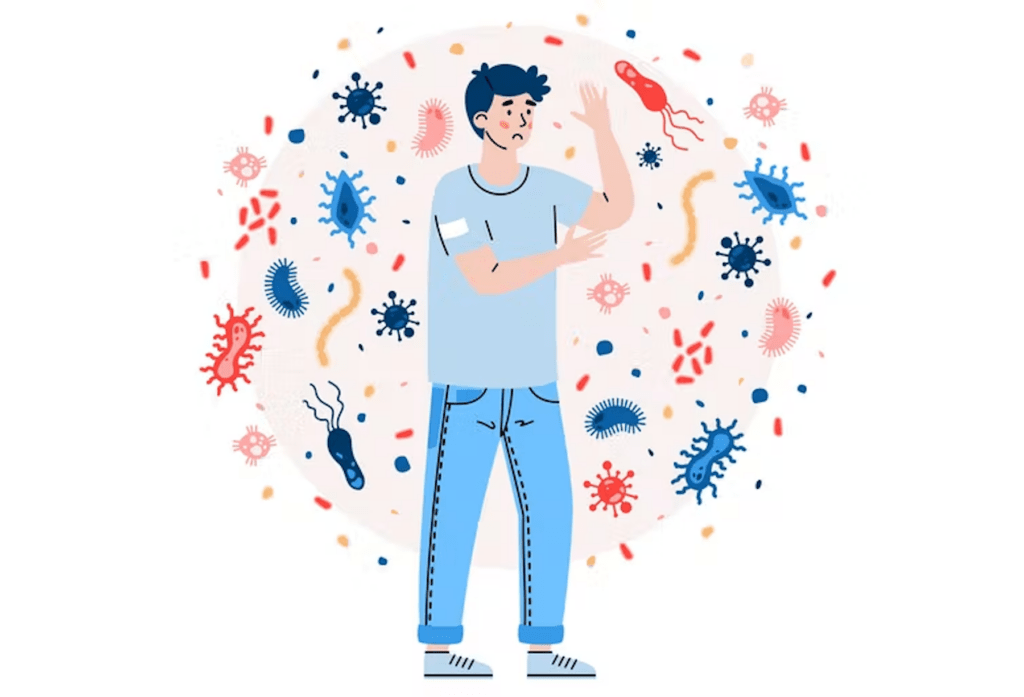Stress — in the form of traumatic events, job strain, everyday stressors and discrimination accelerates the aging of the immune system. While potentially increasing a person’s risk of cancer, cardiovascular disease and illness from infections such as COVID-19. A new USC study reports.
The research, published Monday in the Proceedings of the National Academy of Sciences, could help explain disparities in age-related health, including the unequal toll of the pandemic, and identifying possible points for intervention.

“As the world’s population of older adults increases, understanding disparities in age-related health is essential. Age-related changes in the immune system play a critical role in declining health,” said lead study author Eric Klopack, a postdoctoral scholar in the USC Leonard Davis School of Gerontology.
“This study helps clarify mechanisms involved in accelerated immune ageing.”
Read More: Do Digital Devices Makes Kids Hyperactive?
As people age, the immune system naturally begins a dramatic downgrade, a condition called immunosenescence. With advanced age, a person’s immune profile weakens. Including too many worn-out white blood cells circulating and too few fresh, ‘naive’ white blood cells ready to take on new invaders.
“People with higher stress scores had older-seeming immune profiles, with lower percentages of fresh disease fighters and higher percentages of worn-out T-cells,” Klock said.
Study Findings
To measure exposure to various types of social stress, the researchers analyzed responses from a national sample of 5,744 adults over the age of 50. They answered a questionnaire designed to assess respondents’ experiences with social stress. Including stressful life events, chronic stress, everyday discrimination and lifetime discrimination.

Blood samples from the participants were then analyzed through flow cytometry. It is a lab technique that counts and classifies blood cells as they pass one by one in a narrow stream in front of a laser.
As expected, people with higher stress scores had older-seeming immune profiles. With lower percentages of fresh disease fighters and higher percentages of worn-out white blood cells. The association between stressful life events and fewer ready-to-respond, or naive, T cells remained strong even after controlling for education, smoking, drinking, BMI and race or ethnicity
“In this study, after statistically controlling for poor diet and low exercise, the connection between stress and accelerated immune agingwasn’t as strong,” said Klock.
Read More: Why Is Comfort Zone Bad For Your Career?
“What this means is people who experience more stress tend to have poorer diet and exercise habits. Partly explaining why they have more accelerated immune ageing.”
Improving diet and exercise behaviours in older adults may help offset the immune aging associated with stress.
Stay tuned to Brandsynario for the latest news and updates.





































